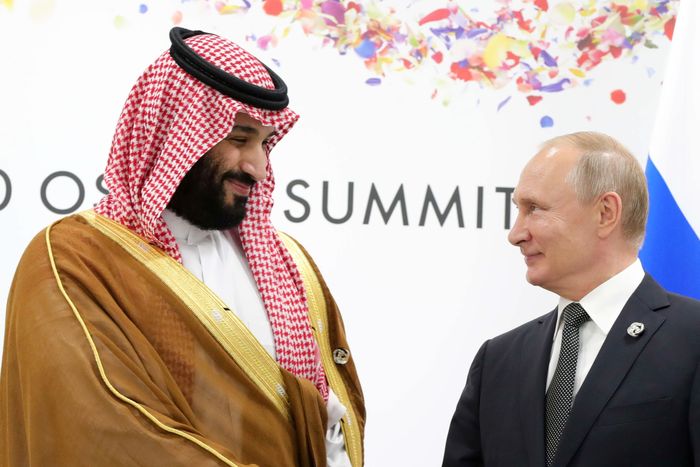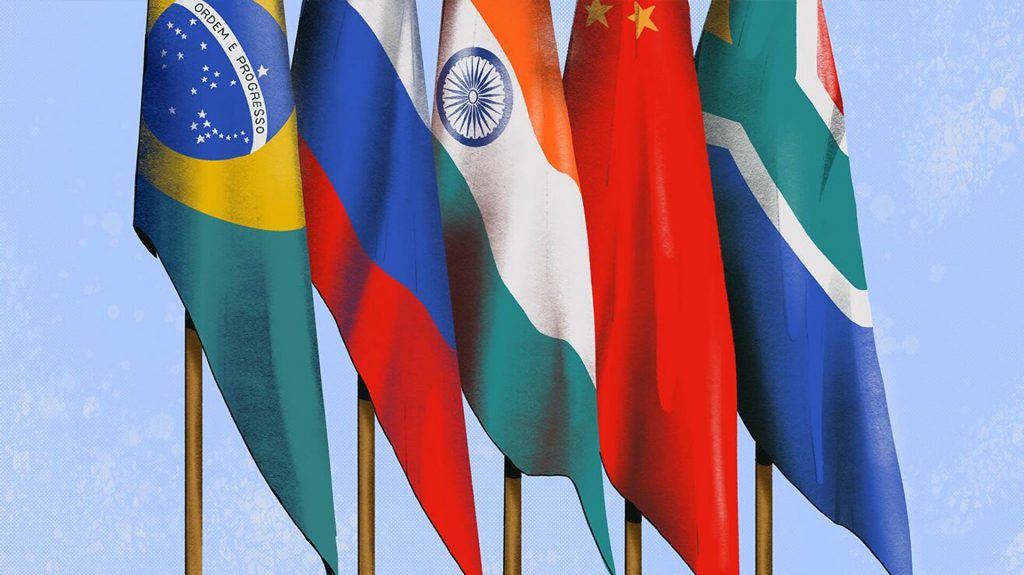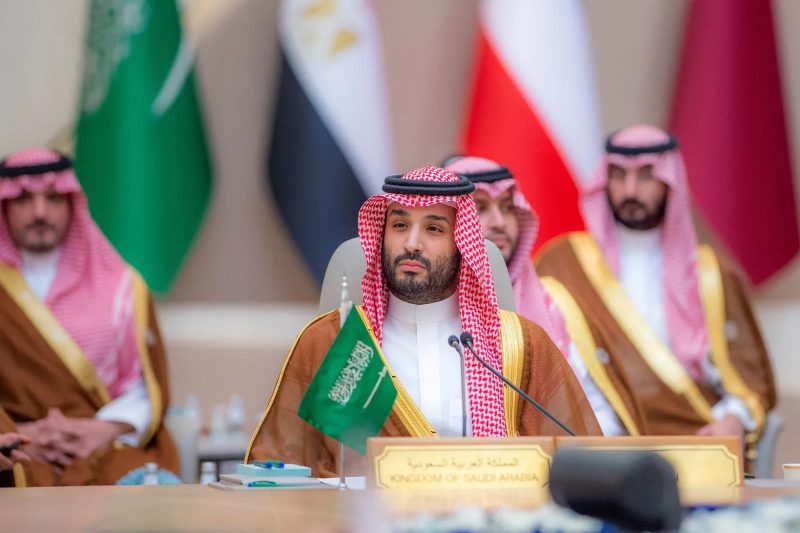As the country joins the BRICS economic alliance, Saudi Arabia is preparing to invest a remarkable $16 billion from its foreign reserves. Indeed, the country set aside a portion of its capital from its central bank, driving the reserves to their lowest level since 2009.
The action showcases the prioritization of investment by the new BRICS member. Moreover, it has joined the bloc alongside Argentina, Iran, Egypt, the United Arab Emirates (UAE), and Ethiopia. Conversely, an important part of its inclusion is its ability to provide financial backing to the bloc’s ongoing initiatives.


Also Read: BRICS Expansion Set to Reshape Global Economics
Saudi Arabia Preparing BRICS Investments?
The BRICS 2023 annual summit had long been viewed as a potential game changer for the economic bloc. The geopolitical world watched in anticipation as expansion and local currency policies were expected to abound during the festivities. Subsequently, the bloc made good on that excitement, announcing a six-country expansion effort to grow the collective.
Now, just a week removed from its inclusion in the BRICS, Saudi Arabia is preparing to invest $16 billion from its reserves. Specifically, Bloomberg reported that the country has set aside funds from its central bank. Subsequently, it reduced its foreign reserves to their lowest level since 2009.


Also Read: China Could Build a Nuclear Power Plan in Saudi Arabia After BRICS Inclusion
The move shows a change in perspective and focus for Saudi Arabia. Specifically, noting a desire to utilize its wealth more in investment activity and less in reserves. The activity should have massive implications for its fellow BRICS members and their economic policies.
Prior to its inclusion, Saudi Arabia had been perceived as a positive addition due to its financial ability. Therefore, it was able to infuse capital into the bloc’s activities and aid struggling economies like South Africa, Argentina, and Egypt. Moreover, it should have massive implications for the bloc’s continued de-dollarization efforts. Catapulting local currencies as it brings its oil production and financial status to the collective.





